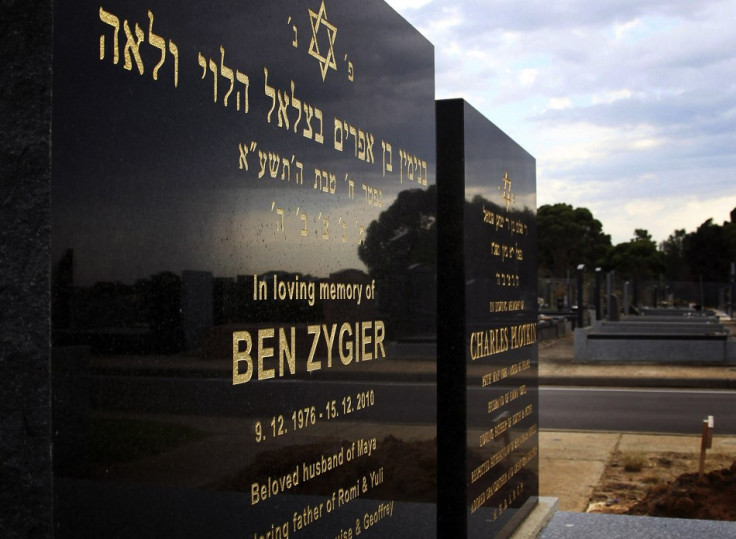Israel Prisoner X: Security Detainees 'Made to Disappear like Ben Zygier'
Australian Ben Zygier about to blow the whistle on Mossad's use of foreign passports before he died

Ben Zygier, the suspected Israeli-Australian Mossad spy who allegedly committed suicide at a high-security prison in Tel Aviv, was just one of several prisoners who made to "vanish"in Israeli jails, according to local reports.
With the imposition of gag orders and injunctions preventing disclosure, those detainees are in greater danger of being jailed under another name and disappearing, with legal access denied, according to Ynet news site.
ABC revealed that an inmate previously known only as Prisoner X, who hanged himself in Ayalon prison in 2010, was Australian Ben Zygier.
After joining Mossad in 2000, Zygier assumed at least other names - Ben Alon, Ben Allen and Benjamin Burrows.
Recent reports suggest that prior to his death Zygier was ready to tell the Australian government and/or the news media that Mossad was using foreign passports for overseas operations. Israel informed Australia's secret service of the spy's arrest eight days after Dubai police disclosed a Mossad plot to use foreign passports on an assassination attempt on Hamas leader Mahmoud al-Mabhouh.
Zygier was among the 26 suspects said to be part of that plot, Kuwaiti newspaper Al Jarida reported. Mabhouh was drugged and suffocated in his hotel room in Dubai.
Zygier had allegedly provided the authorities in Dubai with "names and pictures and accurate details" in exchange for protection. Israel purportedly kidnapped him from his hiding place and held him on charges of treason for a month after the operation, according to the newspaper.
In the aftermath of the Dubai plot, a diplomatic row blew up between Israel, the US and Britain. Mossad was accused of using a dozen fake British and Australian passports to kill the Hamas official.
Prisoner X was about to "blow the whistle, but he never got the chance", an Australian security official told Fairfax Media.
Human rights
The practice of jailing high-security detainees under a false name is spreading in Israel, according to reports. "When an Israeli is detained for security offences, a process begins, but no one knows how it will end," a source told Ynet.
"He disappears into interrogation rooms and no one knows where he is. They do it using two tools - a gag order and an injunction that prevents the detainee from meeting an attorney.
"In this manner, the detainee is interrogated without being aware of his rights and without meeting anyone. The entire system is recruited to make him disappear."
Human rights organisations have stressed that taking away the identity of an individual while concealing information about his arrest is forbidden under international law.
"Israel should have signed the treaty for the protection of all persons from enforced disappearance," attorney Rachela Er'el, head of the Detainees and Prisoners Rights Clinic in the Israel College of Law and Business, told Ynet.
"Hiding people in difficult conditions while keeping them isolated and forbidding them from maintaining contact with their families does not correlate with the concept of human rights in a democratic country."
Zygier's lawyer, Avigdor Fieldman, told Israel's Channel 10 that he had seen him the day before his apparent suicide in 2010 and that he had appeared rational. However, Fieldman suggested that harsh interrogation techniques might have caused a nervous breakdown.
"His interrogators told him he could expect lengthy jail time and be ostracised from his family and the Jewish community. There was no heartstring they did not pull, and I suppose that ultimately brought about the tragic end," he said.
In an interview with the Jerusalem Post, Fieldman denied that Zygier wanted to accept a plea bargain.
© Copyright IBTimes 2025. All rights reserved.






















